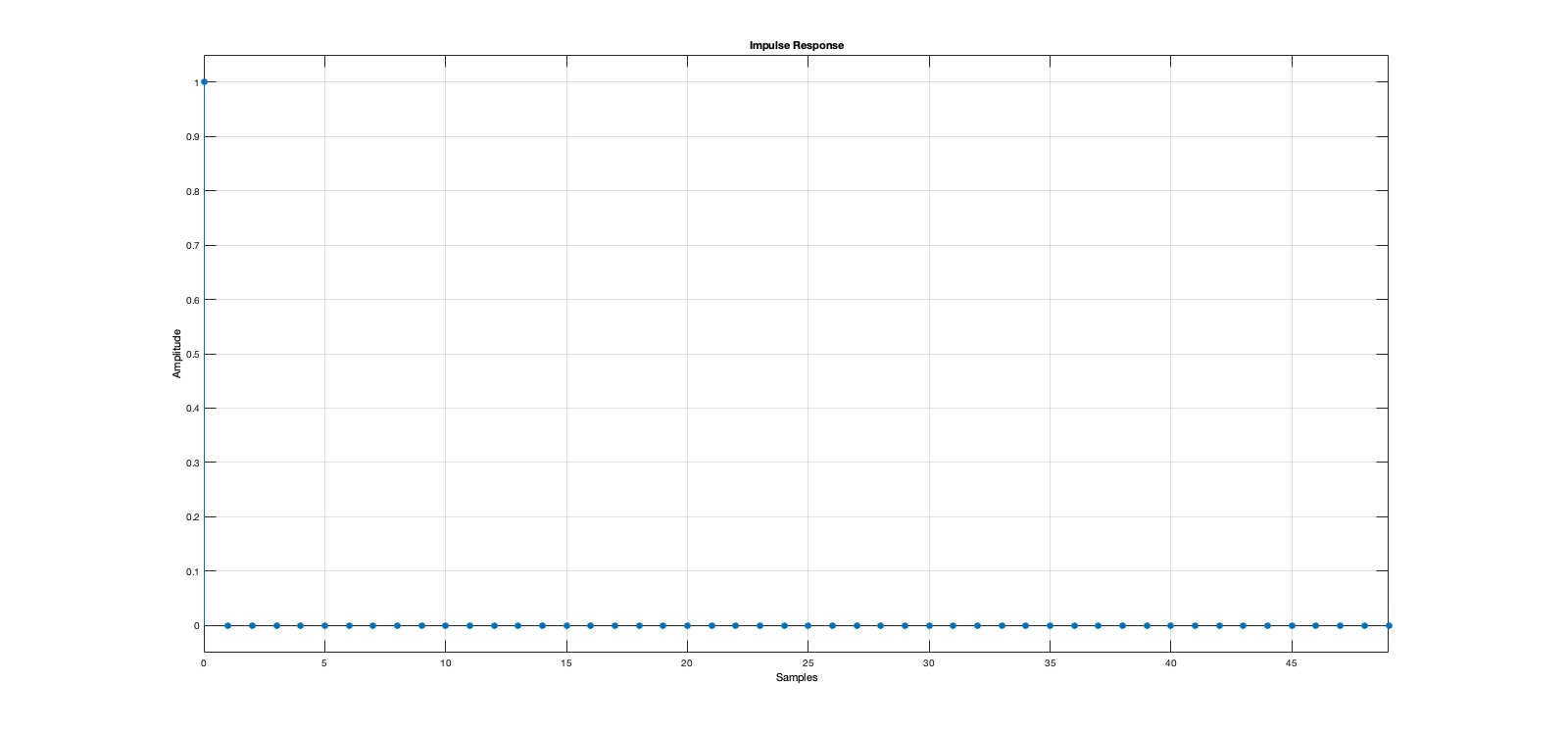I am converting some legacy matlab code to Python and I'm struggling to find the right function in python from the legacy code. The matlab filter is
wheelFilt=designfilt('lowpassiir','FilterOrder',15,'PassbandFrequency',1000,'PassbandRipple',0.0001,'SampleRate',2000);
Filtered(:,q)=filtfilt(wheelFilt,TrainPassData(:,q));
TrainPassData is a nxn matrix and was an iterating variable.
Using scipy, I am confused as to which filter would fit this since butter doesn't seem to output the same values. For example, I have raw data as a list in X and I want the filtered values to be saved in a list called Y. Any and all help is appreciated.

